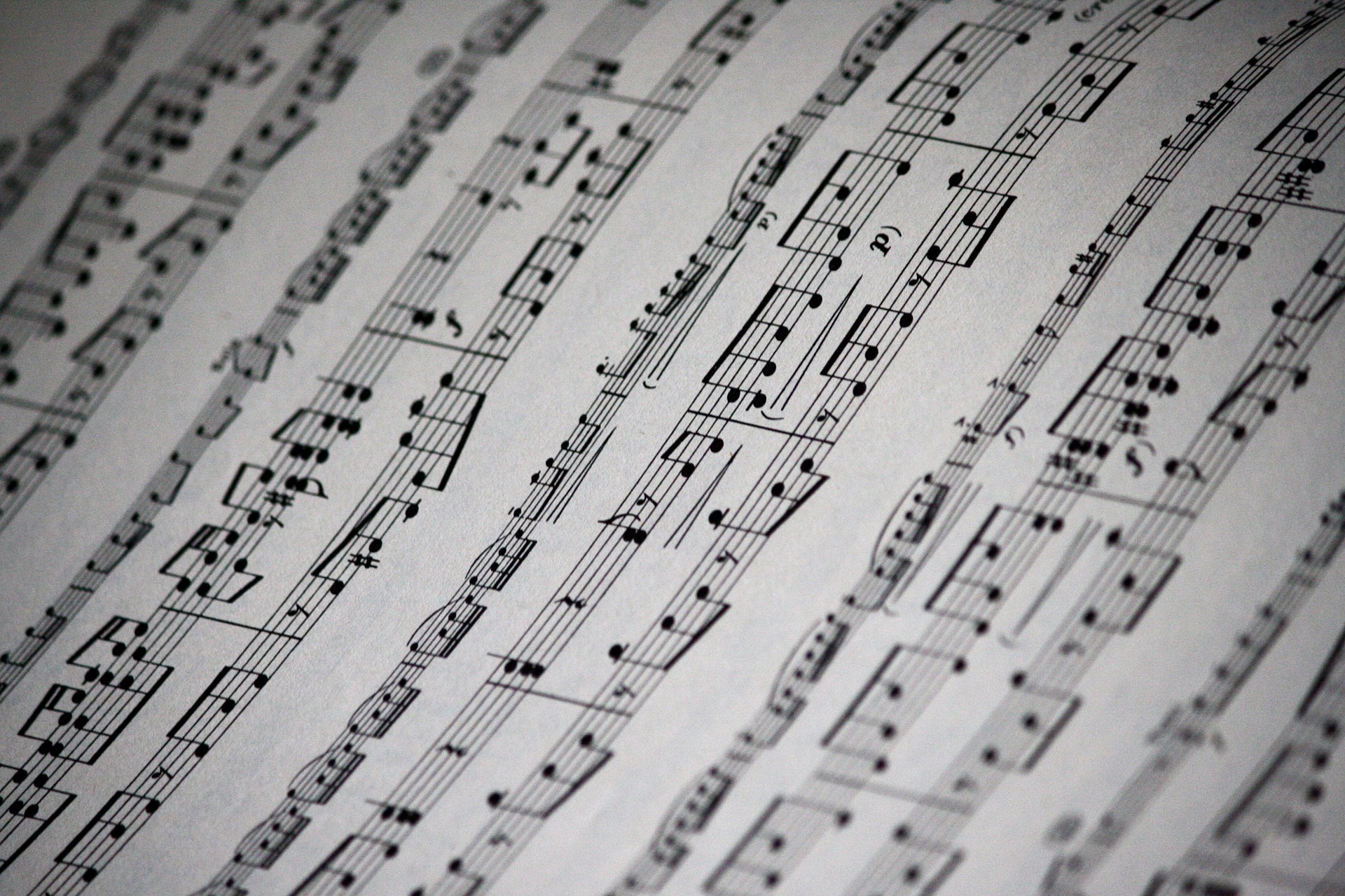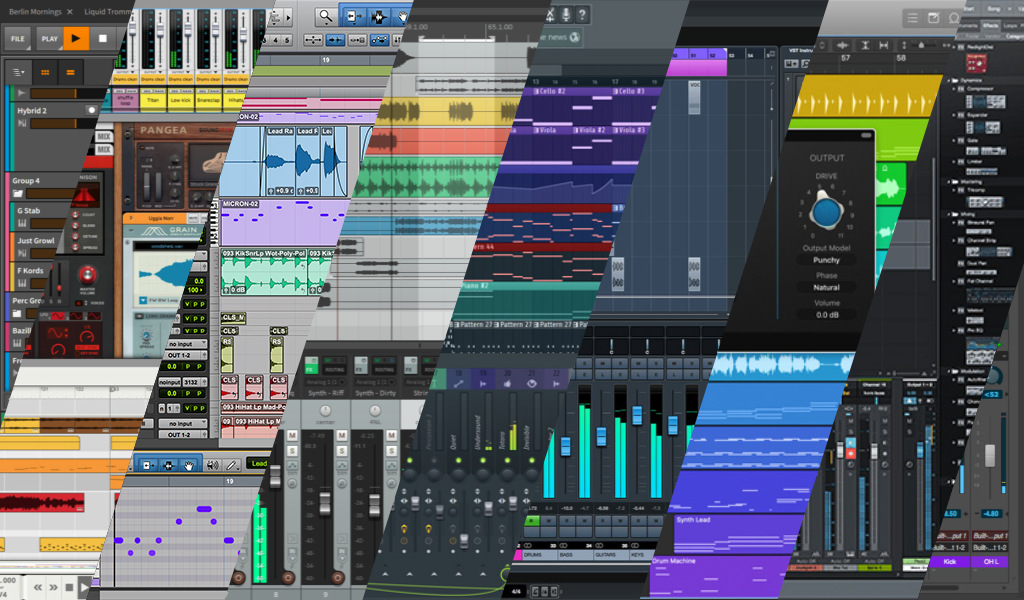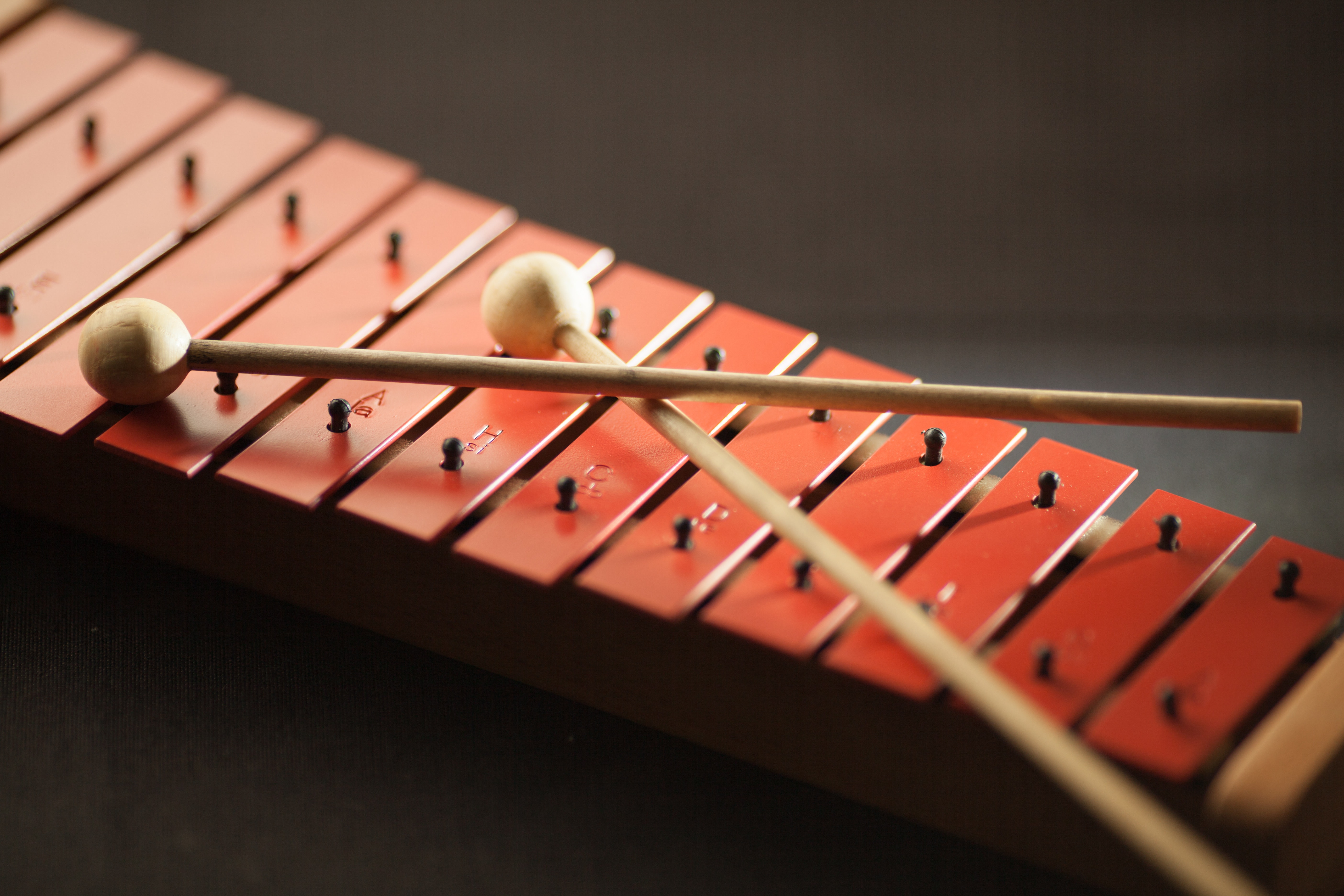This question has already been debated over and over on the internet but it seems judicious to add a layer.
The theory of music, or commonly referred to as solfeggio, encompasses all the rules that govern musical creation, from the role of each musical voice to the choice of accompaniment chords based on the notes of the melody and the role of notes and chords in a given scale.
Music theory has an image of huge complexity. This is true only for the astronomical number of combination of notes to form chords. For the rest, there is especially vocabulary and rules of harmony to know. Learning the theory of music is within the reach of everyone especially as it is a great and an essential tool.
Many people associate, as well, music theory and reading scores. Even if the two disciplines are often learned at the same time, the theory is usable without knowing how to read a score. You Just have to know how to arrange the notes. Because music is a story of arrangement. I see it as a montage game like Lego bricks. It’s even more obvious visually with the loops.
Nevertheless, you will not escape the theory. Just try to learn an instrument to realize it. After getting started, you will be very quickly put in contact with the names of the notes and chords then you will have to understand partitions or tablatures (a kind of simplified partition adapted to a particular instrument) to play music.
So should I learn the theory?
I would say you do not need music theory to compose. You just have to keep in mind that it’s an integral part of musical creation. You can of course compose without it by testing combinations of notes to have something that sounds right or use loops or tools that generate chords and melodies but after a while, you would risk being cramped and limited in your evolution. You may not be able to renew yourself because you may not really understand why such chord works with such notes. In this case, you will not be able to put the theory at your service and surprise your audience with subtle arrangements. You will always be looking for other loops or another generator to hope to breathe new life into your music.
The theory of music is a vast subject and you will need patience and multiple tests to understand everything but it is really worth it because you will have cracked the code and nothing will seem impossible to you anymore.
By cons, There is a collateral damage to crack the code, the music will seem just a little less “magical”.
I hope this article will be useful to you in your creations. Leave me a message in the comments if you have any questions or topics that you would like me to write about.
Photo by Pixabay










Be the first to comment